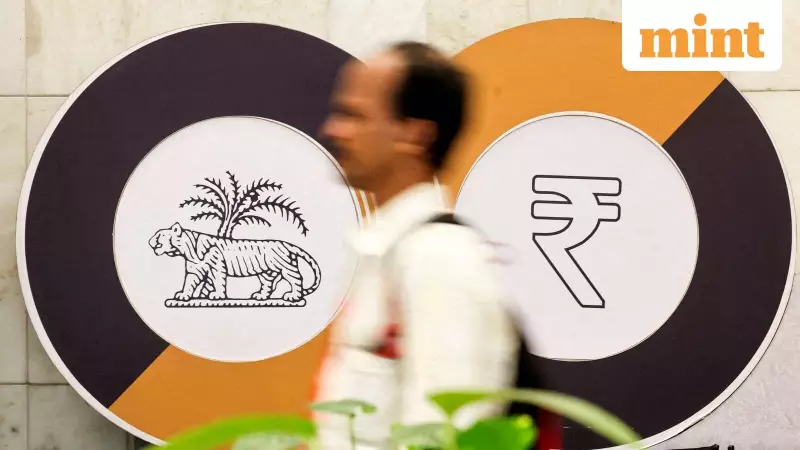
The National Urban Cooperative Finance and Development Corporation (NUCFDC) is set to achieve a significant milestone that will transform India's cooperative banking landscape. The umbrella organization for cooperative banks plans to apply for Self-Regulatory Organisation (SRO) status from the Reserve Bank of India within the next two months, having nearly reached the crucial ₹300 crore paid-up capital threshold.
Capital Milestone and Regulatory Advancement
According to NUCFDC CEO Prabhat Chaturvedi, the organization is on track to cross the ₹300 crore capital mark through additional contributions from urban cooperative banks (UCBs). Board resolutions for these capital infusions are already in place, with contributions expected to begin flowing into NUCFDC by November 17. The formal share allotment process will commence in mid-December.
Chaturvedi explained the significance of this development: "Following this round of capital raising from UCBs, we will have a paid-up equity capital exceeding ₹300 crore, qualifying us to seek SRO status from RBI. Additionally, with this level of capital, we aim to initiate our fund-based services, including loans, Tier 2 capital support, provide refinance facilities to UCBs, and extend liquidity support."
Digital Transformation Initiatives
Beyond regulatory advancements, NUCFDC has launched two core digital solutions designed to modernize cooperative banking operations across India. The Sahakar Digipay and Sahakar Digiloan platforms aim to standardize payment infrastructure and automate lending processes for urban cooperative banks.
The cost-effectiveness of these digital solutions is particularly noteworthy. Chaturvedi revealed that operating Sahakar Digipay could cost as low as 50 paisa per transaction for all UCBs, making it more economical than UPI for service providers. The system maintains interoperability with NPCI platforms including UPI, IMPS, and RuPay, ensuring seamless integration with existing banking infrastructure.
Sector-Wide Impact and Future Roadmap
NUCFDC's growing influence is evident from its current membership statistics. While only 440 of the 1,462 urban cooperative banks have partnered with the organization, these institutions represent a commanding 70% of the sector's total ₹5.5 trillion deposit base. This substantial market share provides significant leverage for collective negotiation on behalf of member banks.
The capital structure of NUCFDC includes 20% contribution from the government through National Cooperative Development Corporation (NCDC), with the remaining 80% subscribed by participating UCBs. This public-private partnership model strengthens the organization's foundation and credibility.
Looking ahead, NUCFDC plans to seek RBI approval for allowing digital banking services by UCBs with net worth below ₹50 crore, provided these banks utilize the central infrastructure supplied by NUCFDC with robust cybersecurity features. The organization is also developing AI-supported services and data analytics capabilities to further strengthen the financial resilience of cooperative banks across India.






